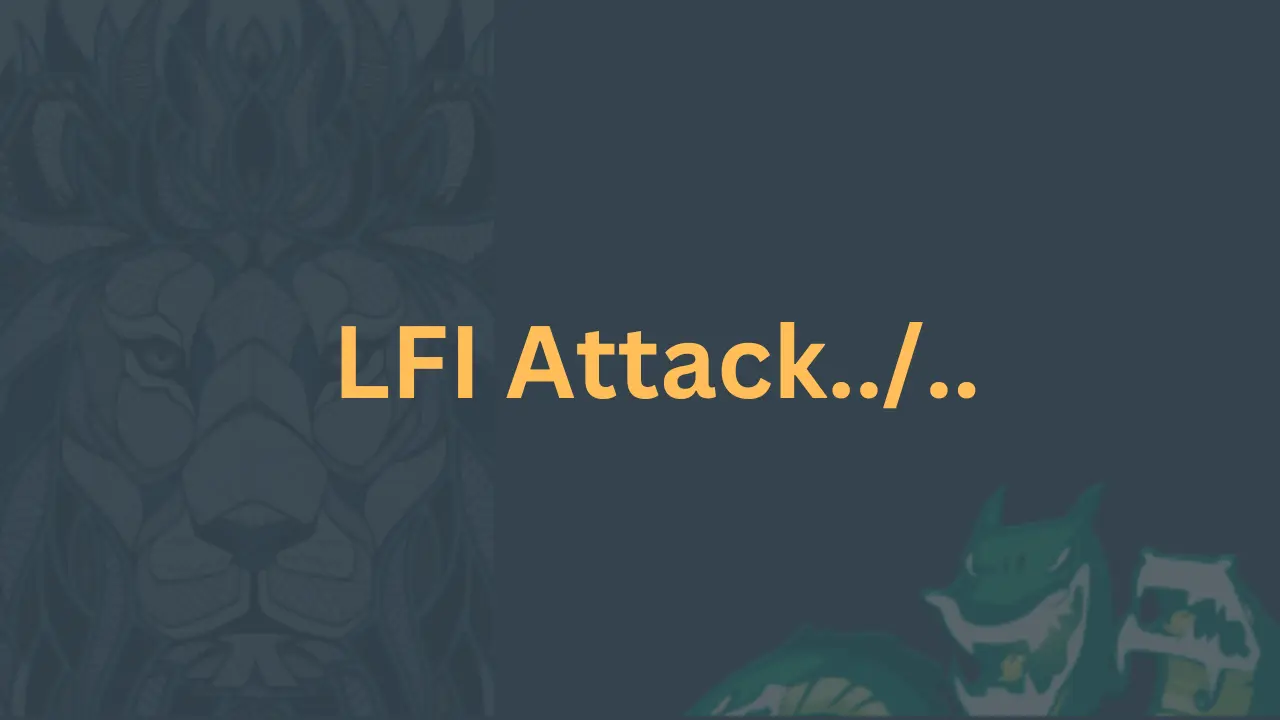
A local file inclusion (LFI) attack is a type of cyber attack that exploits a vulnerability in a web application to allow an attacker to include files from the server's file system into the web application. This can allow the attacker to access sensitive information stored on the server, such as configuration files or log files, or to execute malicious code on the server.
LFI attacks often involve manipulating the input of a web application to include a file from the server's file system. For example, an attacker might try to include a file by manipulating the value of a URL parameter or a form field. The attacker might also try to use directory traversal techniques, such as "../", to access files outside the web root directory.
To prevent LFI attacks, it is important to properly validate and sanitize user input, restrict access to sensitive files, and implement security measures such as firewalls and intrusion detection systems. It is also a good idea to keep the web application and its dependencies up to date with the latest patches and security updates.
Target URL
http://taget.com/somethig.php?file= /etc/passwd<payload>
bypasses
https://target.com/something.php?file=../../../../etc/passwd
https://target.com/something.php?file=../../../../etc/passwd%00
https://target.com/something.php?file=../../../../etc/passwd0x00
https://target.com/something.php?file=%2f..%2f..%2f..%2fetc/passwd
https://target.com/something.php?file=%2f..%2f..%2f..%2fetc/passwd%00




